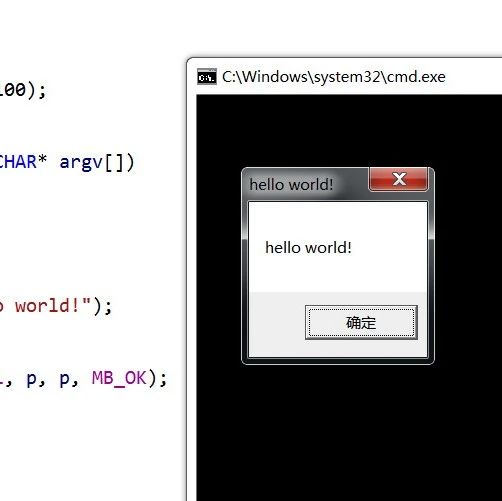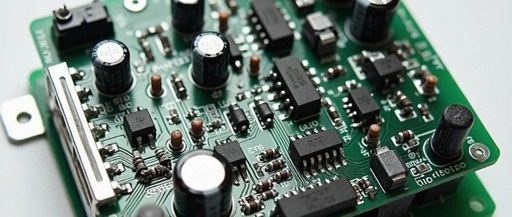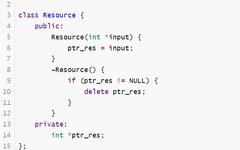C++ and Embedded Linux: Building Efficient Real-Time Systems
Hello everyone, I am Jiu Cai. Today we will discuss the use of C++ in building efficient real-time systems on Embedded Linux. This is a practical and interesting topic for C++ beginners and enthusiasts. We will explore the wonderful applications of smart pointers and how they can shine in Embedded Linux systems. The magic of … Read more









